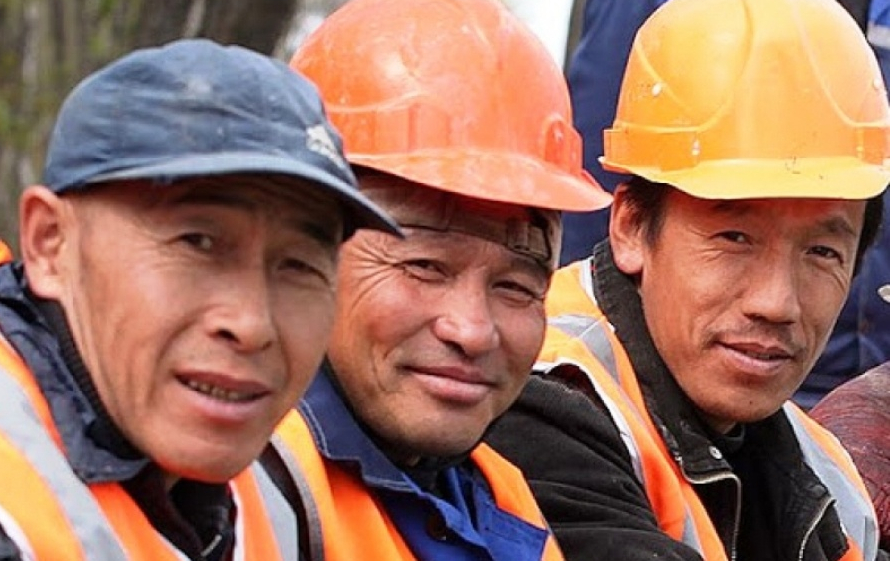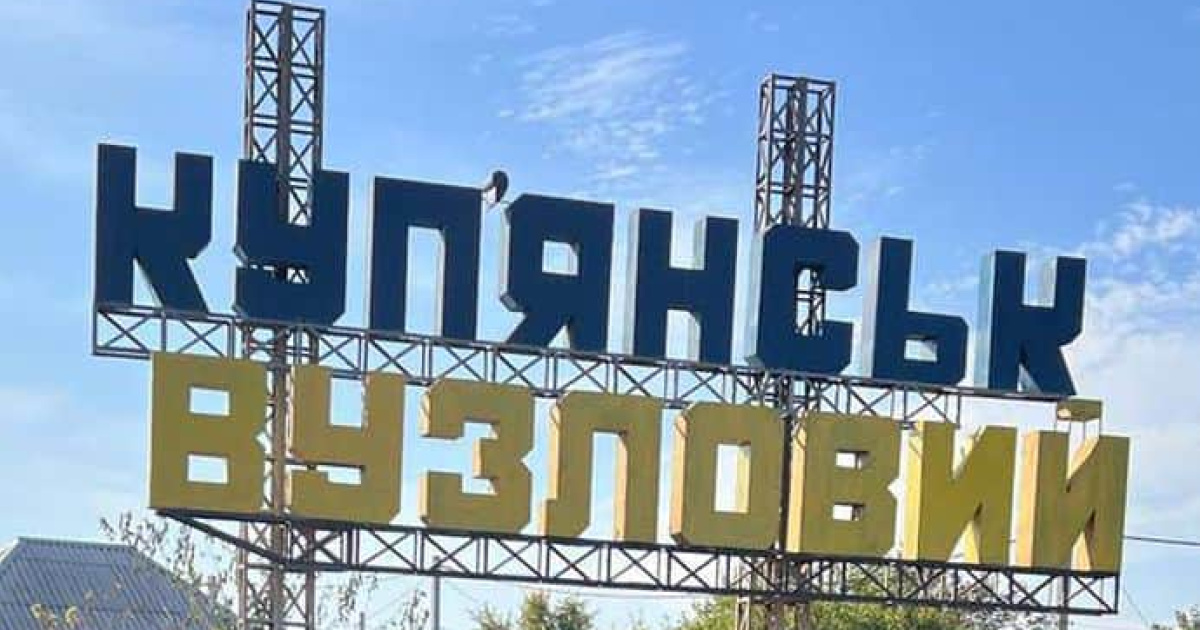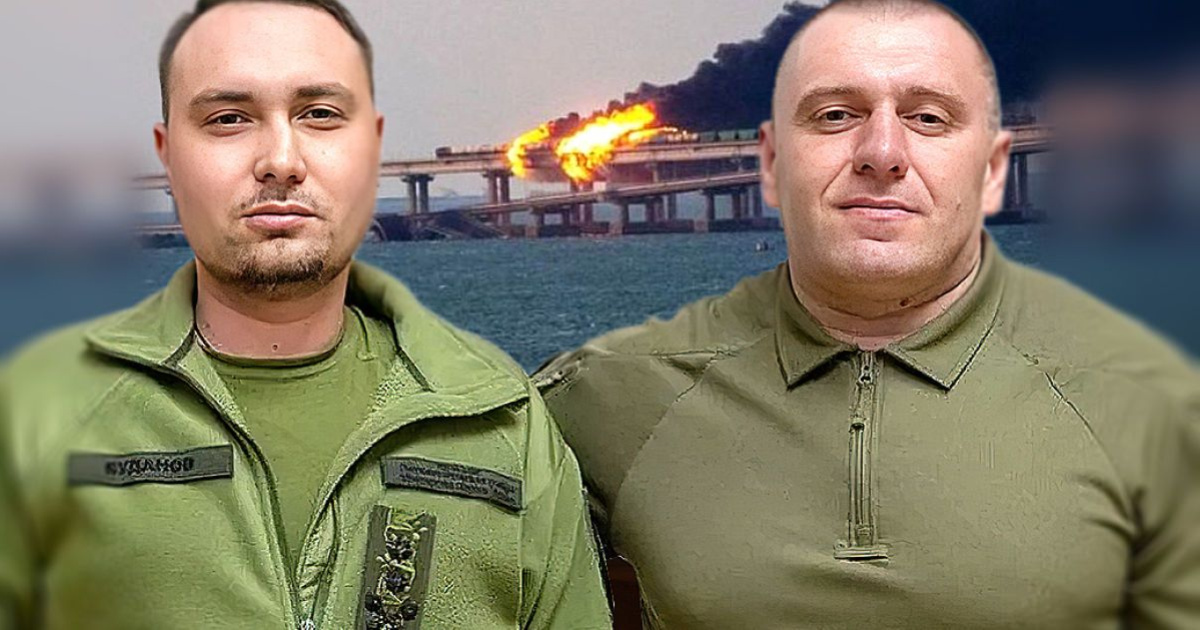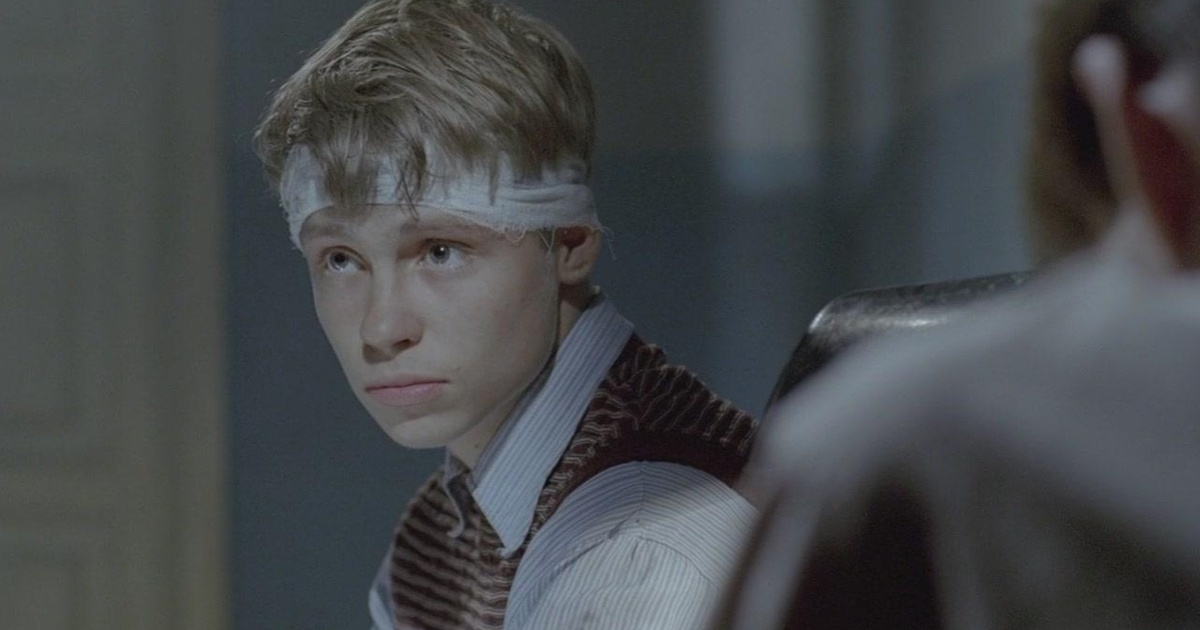
How do we live? Depends what you compare it to. Frankly, after 8 years of living in the “republic”, life in russia feels “good”. It would be nice to be richer, but as they say, better is the enemy of good.
Though the number of people living richly has multiplied — it’s noticeable even without paying close attention. New cars, even Teslas, traffic jams, real estate selling for millions upon millions, major renovations of private homes. Tons of new buildings going up, priced like space shuttles. Just last month I heard real estate in Abkhazia mentioned twice. It’s like a summer cottage out of town — a profitable investment. You can buy cheaply and keep it for those mood-based trips, when you’re tired of Crimea and Turkey and want something closer, like in the USSR.
A friend of mine, by the way, says her daughter and son-in-law bought a five-room apartment and are renovating it. He serves in the army, she’s on maternity leave. A regular, you could say, family. Almost perfect, if not for the risk of him being killed in service. But she would only benefit from that…
One of the downsides is a significant hike in utilities. All of them, all at once. With a pension of 15,000 rubles ($190 – ed.), it hits hard if the pensioner is self-sufficient.
July is just cursed. On July 1st, the cat food seller outright said that starting July 1st, everything would go up in price, including cat food. What cat food has to do with utilities is unclear. Maybe a lot of the now-much-more-expensive electricity goes into producing it.
Another new thing was the switch to russian gas meters. The Ukrainian gas meter needs to be photographed, the photo taken to the gas company, and then swapped out for a new russian one. Of course, for a fee. And the queues are absolutely massive.
Pensioners are at the front of the line. They’re the most responsible, always first. They don’t have time to postpone life. Many are running around doing things for their children — the more you do now, the less they’ll have to later.
Even the landline phone, long considered a relic, now has to be linked to a russian passport through a new contract. All of this takes time, effort, and the will to deal with these difficulties. Before that, we were all forcibly made to link our mobile numbers to russian passports. And again, it's about time, energy, and the will to do something. Though it’s not about desire anymore — it’s necessity. You have to find the time and set aside three hours just to wait in line.
The influence of russia is felt very strongly. Everything is done according to russian standards. The grace period is over. We’re no longer pitiful adoptees in the big family, but full-fledged members of the state. And now the demands are like for their own. The thinly veiled irony and envy of our russian friends — that we supposedly had it easier — is turning into a kind of smugness: now you’ll learn all about hospital queues, bureaucracy, complications...
And really, we weren’t prepared for everything. You need to book an appointment with a doctor a week in advance. You can’t just show up anymore. Connections and favors won’t help now. Everything has to be done by the book — a line, a ticket, a fixed time slot.
There are still lots of lingering “Ukrainian loose ends” that are surfacing now. Someone didn’t properly register their apartment back then. They never got around to it. Now it’s a chain of notaries and court hearings. It’ll all be resolved eventually, sure, but it’ll cost close to 200,000 rubles ($2550 – ed.).
Someone else has a son registered here, who’s been living in Ukraine for the past 11 years and is banned from entering russia. To deregister him without his presence costs about 40,000 rubles ($510 – ed.) in court. In short, it’s a hassle. They didn’t do it in time, thinking they still had plenty of time, and now the parents are the ones running around and paying the fees. The elderly try to reason with the court: “Come on, how is he supposed to come here from Odesa just to deregister? It costs 40,000 rubles just for the trip one way” — but it’s all for nothing. Just old folks talking to the air. Now everything is done strictly by the rules.
It’s hard to talk with friends from Ukraine. Our seaside photos feel like a slap in the face to them. “You’re still at the seaside? And we’re still burying people”. And even the tone makes it clear — we’re on opposite poles. Even if we don’t talk politics at all, the difference seeps into everything. Into the mood, the plans, the little comments. Something innocent is easily taken as aggression. Any phrase feels like a slap. “Because of you, my kids are hiding from shelling”, - writes a woman who just yesterday was my close friend. And saying things like “we were in the same situation too” doesn’t help at all. Your own pain feels sharper, more raw, hungrier, more miserable. It’s as if we’re supposed to feel ashamed that the war moved farther from us and closer to them…
There are many exposés, loud and gradually fading scandals about bribes and corruption in universities. But then it all somehow fizzles out. Worn out by legal battles, the accused beg tearfully to be sent to the “special military operation” to wash their guilt away with blood. Not everyone gets that chance.
The lawyer profession is now the most in demand, especially when it comes to splitting millions over the dead. Nothing’s off the table now. Even a father can be stripped of parenthood after thirty years just to avoid splitting the payout for a fallen son.
A new caste has emerged — the wives of commanders. These are the women who are willing to haul jars of food to the front line and joke that they’re braving shelling for marital duty.
They’re the ones forming the new elite, though they’re reluctant to admit it. But when it comes to vacations, they confidently choose between Turkey, Egypt, and the best hotels in Crimea.
Also, the familiar and cozy market is dying.
In the familiar stall, where the main customers are old ladies, they installed a computer — screwed it tightly to an old wooden desk with bolts. And familiar seller Olha, with bloodstained gloves, weighs meat and clumsily performs all the operations on this old, clearly home-use computer. She’s keeping up with the times. She wants to survive this supermarket war for old ladies’ wallet.
There are a lot of non-russians. We’re not used to that. They work until the very end, until it gets dark. Ours don’t, not like that — our people take care of themselves. But these ones are quick, tireless. They can be on their feet for 12 hours, smiling. They need to feed their family, pay rent, secure a place here. They stick together as families, and we’re getting used to them. We learn their names, marvel at the constant pregnancies — that easy?! We don’t know how to do that. Next to them, we’re a dying, weak species.
For now, you can still send a kid to camp for free. Both to Yevpatoria and the Artek equivalent in Berdiansk. There’s a certificate competition, though children of the fallen soldiers are first in the benefit line. Then large families, people with disabilities. But there’s still a chance to get to the seaside for free. Only the trips were shortened from 21 to 14 days.
So yeah — that’s life now. A different one…
By Olha Kucher, Luhansk, for OstroV





